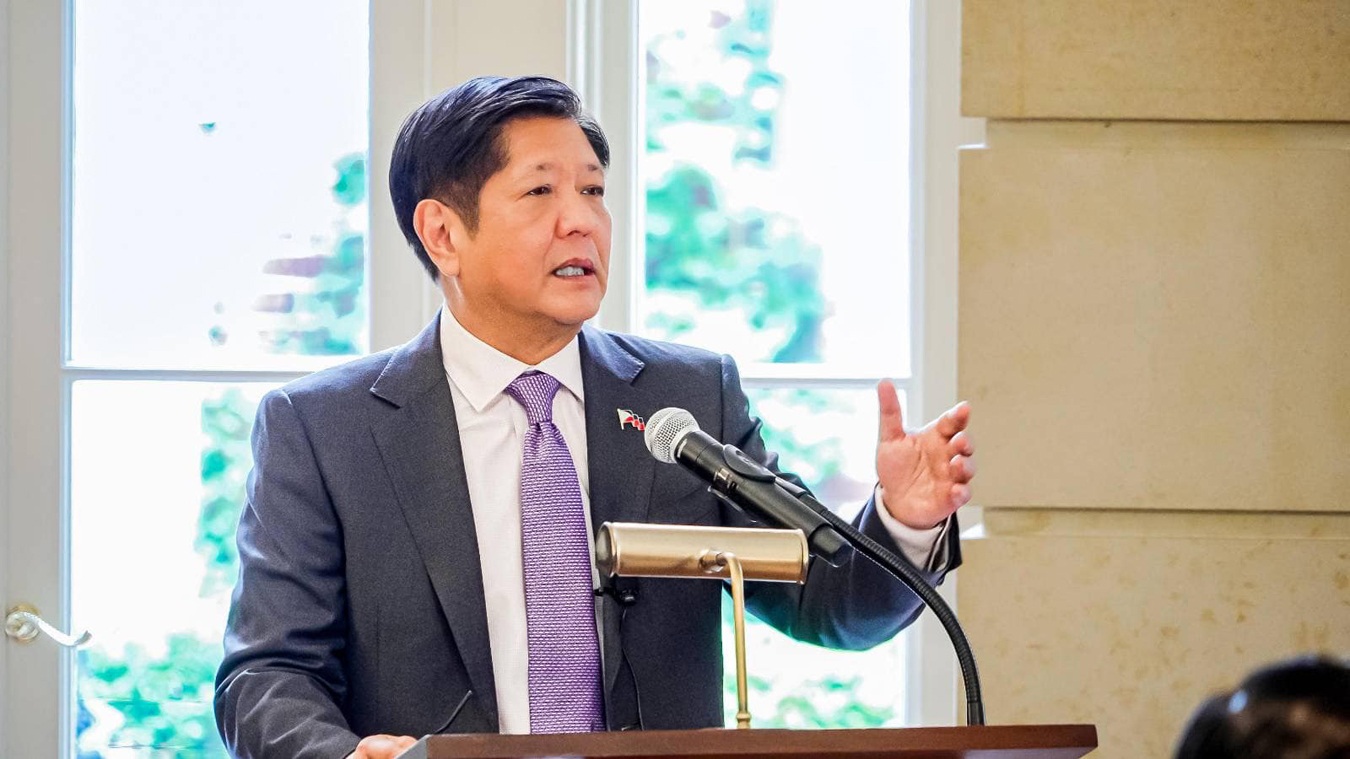
President Bongbong Marcos Jr. on Friday acknowledged that there were abuses in the government’s fight against illegal drugs, which he attributed to the handling of the issue by his former president Rodrigo Duterte’s administration.
During a discussion panel arranged by the Center for Strategic and International Studies, Marcos Jr. expressed that Duterte’s campaign against drugs placed too much emphasis on law enforcement, which resulted in instances of abuse.
“In my view, what had happened in the previous administration is that we focused very much on enforcement and because of that, it could be said that there are abuses by certain elements in the government and that has caused some concern with many quarters about the human rights situation in the Philippines,” he said.
“I cannot speak to what my predecessor had in mind and what his idea was, but what I can speak is to the policy that we have undertaken and that I said the drug war continues to be at the source of much criminality in the Philippines,” he added.
Marcos Jr. said his campaign against illegal drugs would focus on “dismantling syndicates” and reeducation.
“We have taken enforcement as far as we can. Now, it is time to look at actually going after dismantling these syndicates,” he said.
“Further back to that process is also… the process of reeducation, of explaining especially to our young people what the damage — what the potential damage is to their lives should they be involved in this way, not only as users, not only as addicts, but also as dealers and operators of these syndicates,” he added.
The ICC in September 2021 greenlit a probe as there was “reasonable basis” to believe that a crime against humanity had been committed in the Philippines between July 1, 2016 and March 16, 2019 in the context of Duterte’s deadly campaign against drugs.
Like the Duterte administration, Marcos Jr.’s government has been asserting that the court did not have jurisdiction over the situation in the Philippines as the country pulled out from the Rome Statute, which established the ICC, in March 2019. John Ezekiel J. Hirro